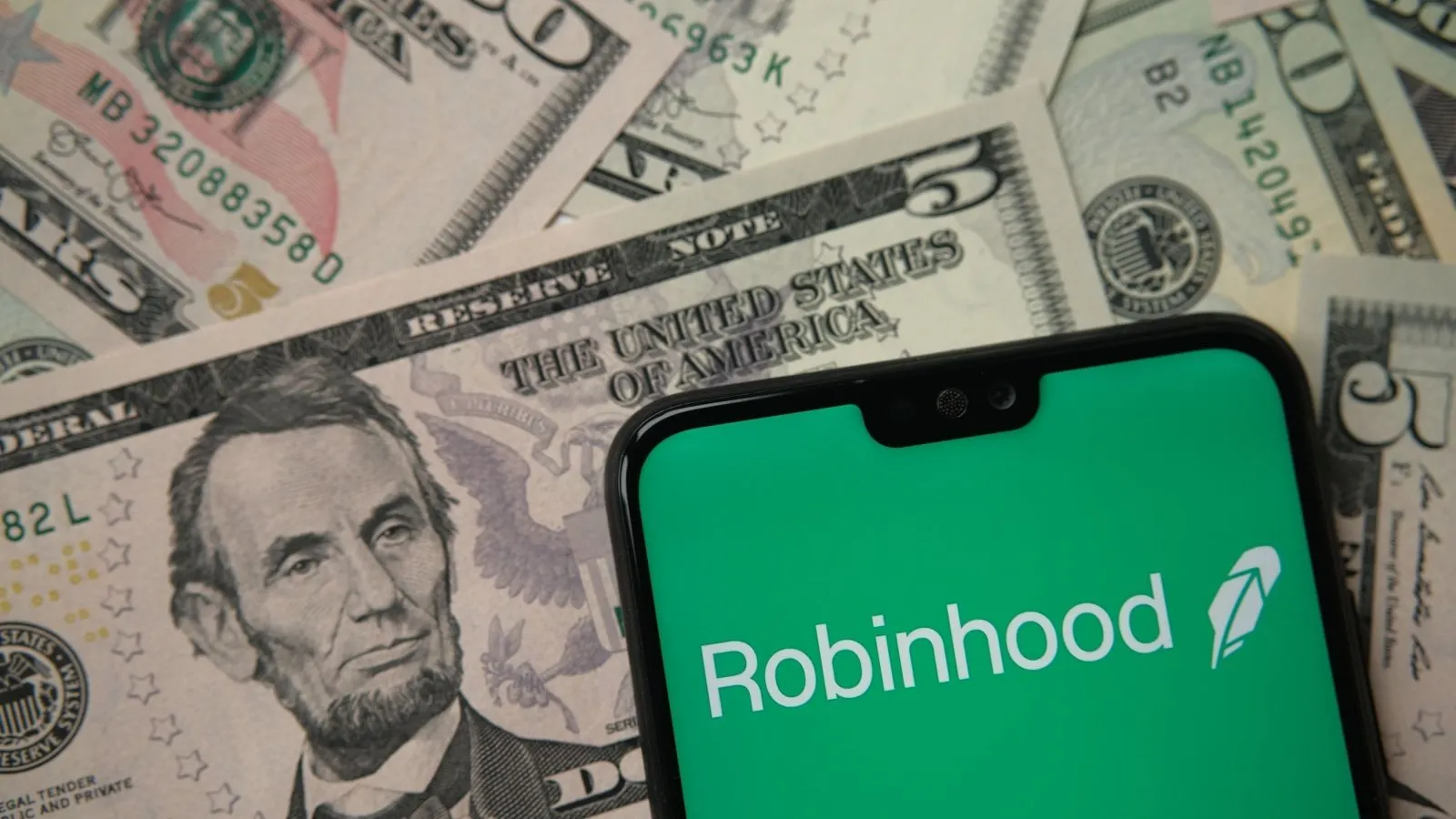Fintech heavyweights Robinhood, a U.S. investing app, and Revolut, a crypto-friendly neobank based in London, are considering launching their own stablecoins, unnamed sources told Bloomberg this week.
The giants are eyeing the stablecoin market at a time when Tether (USDT), with its $119 billion market capitalization, accounts for roughly 68% of the $173.5 billion category.
With Europe offering clearer regulatory frameworks, the fintech giants could bring a new wave of competition. However, the question remains: Can they break through Tether's dominance, or will they struggle like other giants before them?
Although neither company has officially confirmed their plans, both companies are considering stablecoin issuance, according to a report on September 26.
Robinhood has already made inroads into the stablecoin world by listing Circle’s USDC (USDC), currently the second-largest stablecoin with a $36.3 billion market capitalization.
Revolut has also been growing its crypto offerings, launching staking services for major tokens like Ethereum, potentially laying the groundwork for a stablecoin launch.
Together, these two stablecoins provide essential liquidity for centralized exchanges and decentralized finance (DeFi) applications, making it difficult for new entrants to gain traction.
But breaking into this market means more than just intent. The barriers are steep, the competition fierce, and Tether stands not just tall, but deeply rooted.
The case of PayPal's PYUSD illustrates the challenges faced by new players. Despite PayPal's vast user base and strong brand recognition, its stablecoin supply remains around $710 million—a small fraction compared to Tether.
Moreover, recent data shows PYUSD’s circulating supply dropped by 30% in the past 30 days as DeFi yields on Solana plummeted, noting the volatility and risks that stablecoins face in the market.
Fred Schebesta, founder of Finder.com, sees the potential for Robinhood and Revolut but acknowledged the challenge.
“Revolut and Robinhood definitely have a shot at making a dent in USDT’s dominance, but it's going to take a lot of integration to get there,” he said. “USDT has a deep-rooted presence in the market, and people, for some reason, still place an unusual amount of trust in it.”
He said PayPal's stablecoin demonstrates that “even big players aren’t gaining much traction yet,” but added that Robinhood and Revolut have a chance to try a different approach.
“Their platforms are more integrated with retail investors,” Schebesta said, “and if they can leverage those ecosystems properly, they might find an edge that PayPal hasn't tapped into yet.”
Pav Hundal, a market analyst at Australian crypto exchange Swyftx, agrees that scale will be crucial.
“Stablecoins are a game of scale, or relative scale if you have a niche offering,” he told Decrypt. “Robinhood and Revolut possess scale in abundance and clearly have some level of conviction that they can leverage their huge global networks to take a slice of Tether’s market.”
The two companies also have one major advantage, he added: Both companies are already regulated in many jurisdictions around the world. “But for now, Tether exists on an entirely different plane of existence to its competitor,” Hundal said.
PayPal isn’t alone in its struggles with PYUSD. Even giants like JPMorgan Chase, Meta (Facebook), and Binance have attempted to conquer the stablecoin world—each meeting their own unique challenges and limitations.
JPM Coin found its place within internal banking but failed to penetrate wider retail or DeFi markets. Meta’s Diem, once heralded as the “future of money,” crumbled under regulatory pressures, never seeing the light of day.
Binance's BUSD has grown, but even it remains a distant competitor to Tether, unable to topple the giant.
Tether’s entrenched position as the crypto exchanges’ primary trading pair sets a high bar for liquidity that new entrants must match. The stablecoin market's deep liquidity pools, network effects, and established trust create high barriers for new entrants.
Edited by Stacy Elliott.

